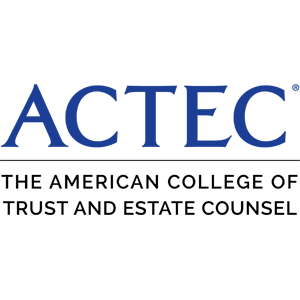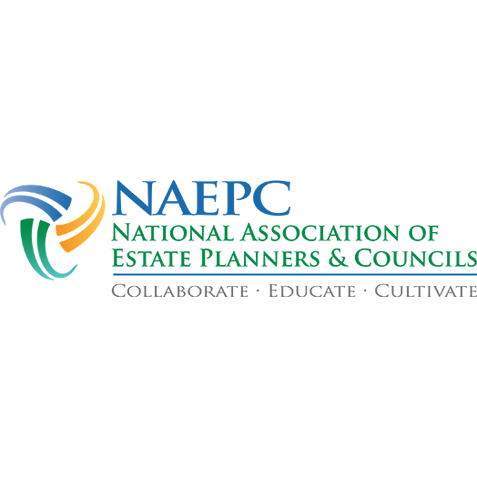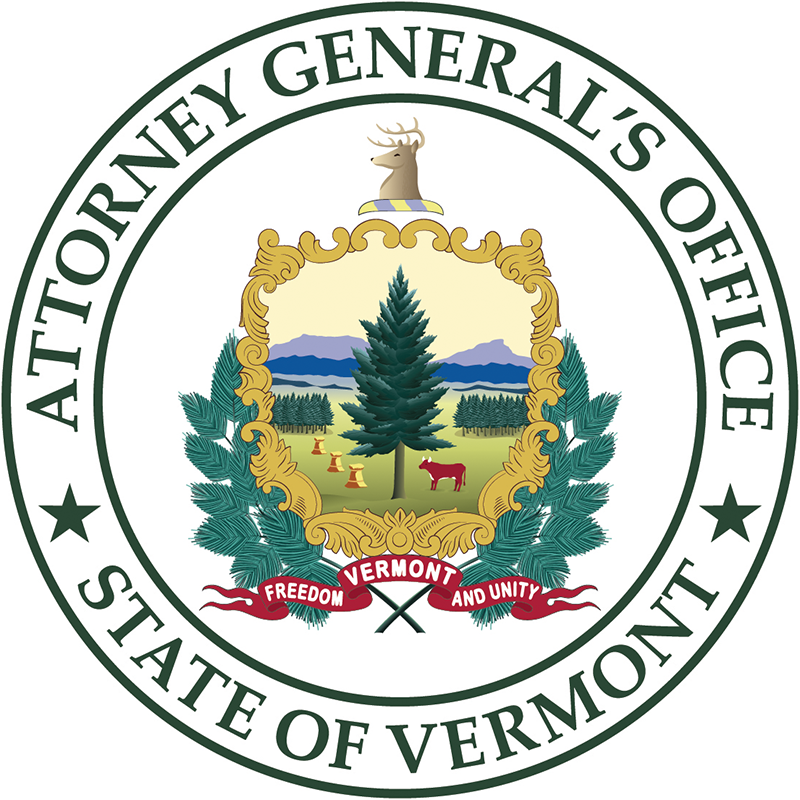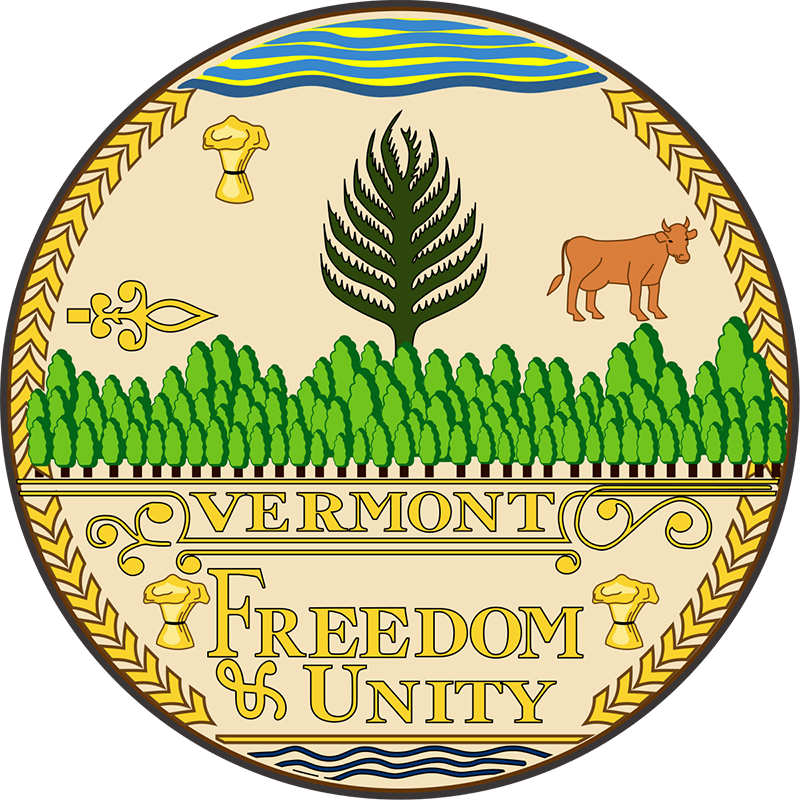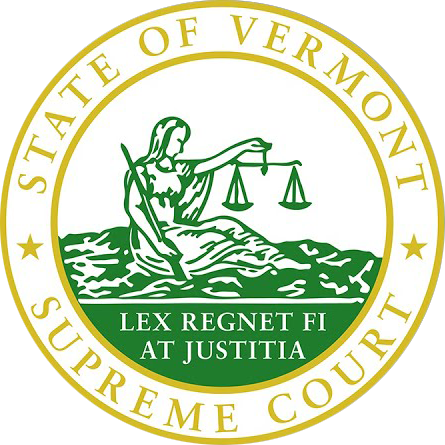Vermont Legislature - The Vermont Legislature operates as a bicameral body, consisting of the Vermont Senate and the Vermont House of Representatives. The Senate has 30 members serving two-year terms, while the House comprises 150 members also serving two-year terms. The Legislature is responsible for proposing, debating, and passing laws that govern the state. Its duties include formulating the state budget, levying taxes, and addressing various policy issues such as education, healthcare, and environmental regulations. Members of the Vermont Legislature work collaboratively to represent the interests and concerns of the state's citizens, ensuring the effective functioning of Vermont's government.



